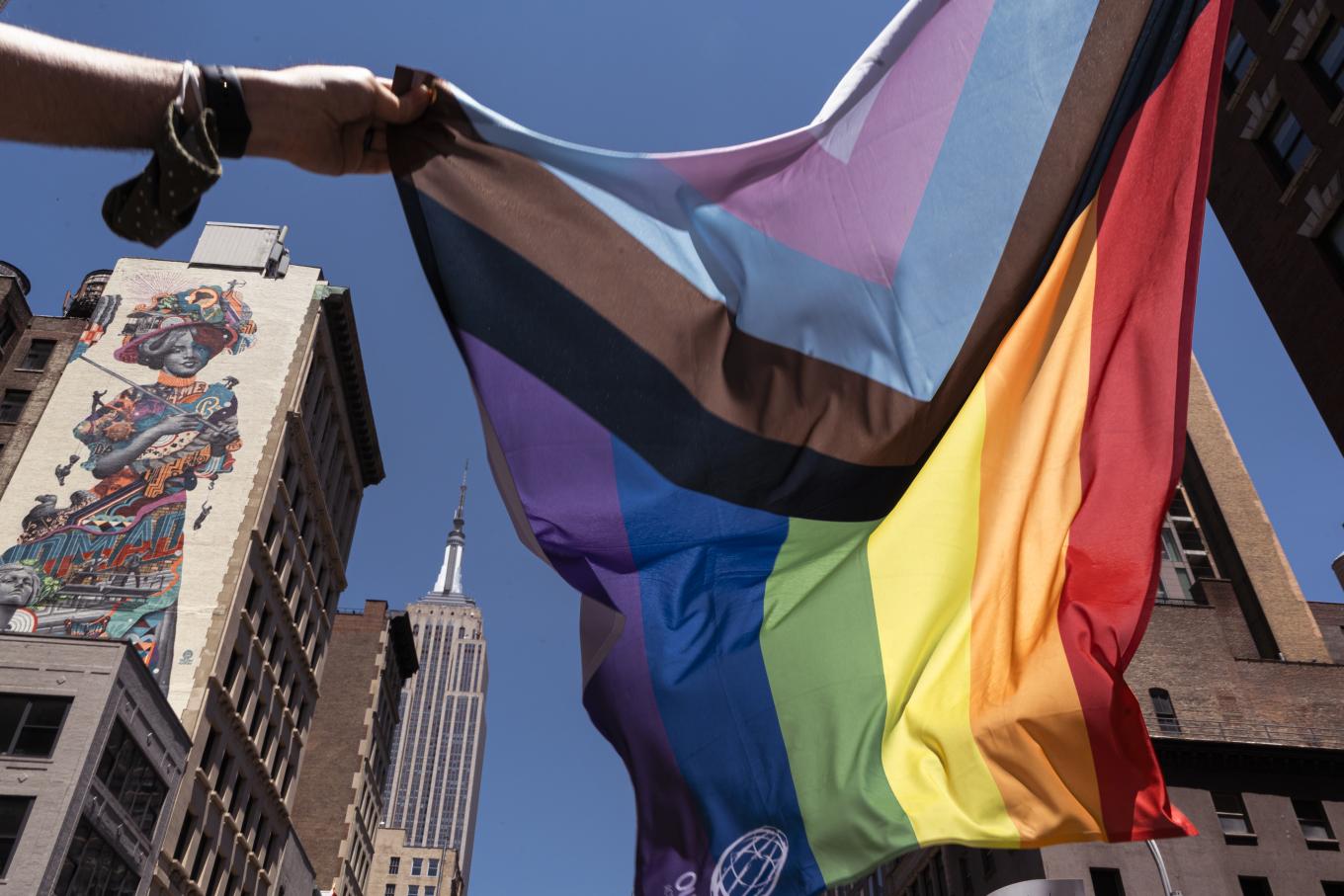
Country Overview
Mongolia
At a glance
View more for this country:
Mongolia has made significant strides in upholding the human rights of LGBTIQ people since the decriminalization of same-sex relations in 2001. However, challenges remain, particularly in marriage equality, as the 1992 Constitution explicitly prohibits same-sex marriages. Despite this, the country has seen progress in other areas of LGBTQ protection, including in safeguarding the rights of people based on sexual orientation, gender identity, and expression through anti-hate crime legislation. While there are no known legal barriers to the ability of LGBTIQ organizations to register, an all-encompassing law that came into force in 2020 provides Mongolia with wide, arbitrary powers to scrutinize the activities of NGOs operating within the country, which poses a barrier to all organizations from operating freely.
One notable advancement is the increased recognition of the right to the legal recognition of gender identity. The Civil Registration Law, adopted in 2009, allows for legal gender recognition. Article 14 of the law requires applicants to be above 18 years and to provide a “medical verification document on the sex change.” The Criminal Code of Mongolia (2015) criminalizes discrimination on the basis of sexual orientation and gender identity. Article 1.3 includes sexual orientation as a ground protected from discrimination. Article 10.1 classifies the killing of another human being as a hate crime if it is motivated by bias toward race, national or ethnic origin, gender, or sexual orientation, increasing the maximum punishment from 15 years to 20 years of imprisonment. Other crimes with aggravated penalties include intentional infliction of serious bodily injury (Article 11.1) and obstructing the exercise of freedom of religion or conscience (Article 14.4).
*Outright research indicates that the bodily autonomy of intersex people is not respected and protected in this country.
Global Impact
Sub-Saharan Africa
Outright supports LGBTIQ organizations in Sub-Saharan Africa and works with mainstream human rights organizations to respect human rights and influence positive changes in laws, policies, attitudes and beliefs that cause discrimination against LGBTIQ people.
United Nations
Our work at the United Nations centers around advocating for the advancement of the rights of LGBTIQ people.
View this regionAsia
Our work in Asia promotes acceptance of sexual and gender diversity at all levels of society.
View this regionSouthwest Asia and North Africa
In the Southwest Asia and North Africa, we partner with local groups in various countries as part of our international solidarity work. We also work with our local partners on different topics through capacity building, advocacy, research and holistic security.
Europe and Central Asia
Outright International partners with activists to fight for an end to human rights violations based on sexual orientation, gender identity and gender expression in Europe and Central Asia, where most of our work involves emergency responses to harassment, discrimination, violence, and most recently, Russia’s brutal and expanded invasion of Ukraine.
Americas
Our work in the Americas continues to build on the fundamental and positive transformation of human rights protections in recent years. We partner with groups in the Caribbean that focus on ending gender-based violence and eradicating discrimination against trans people.
Pacific
Our work in the Pacific aims to increase the visibility of activists, respond to human rights emergencies, and actively bridge local, regional, and international activism to achieve equality and justice.
Global
View this region
Human Rights Research
Since 1990, we have partnered with activists from all over the world to produce hundreds of groundbreaking reports.
Read Our Reports